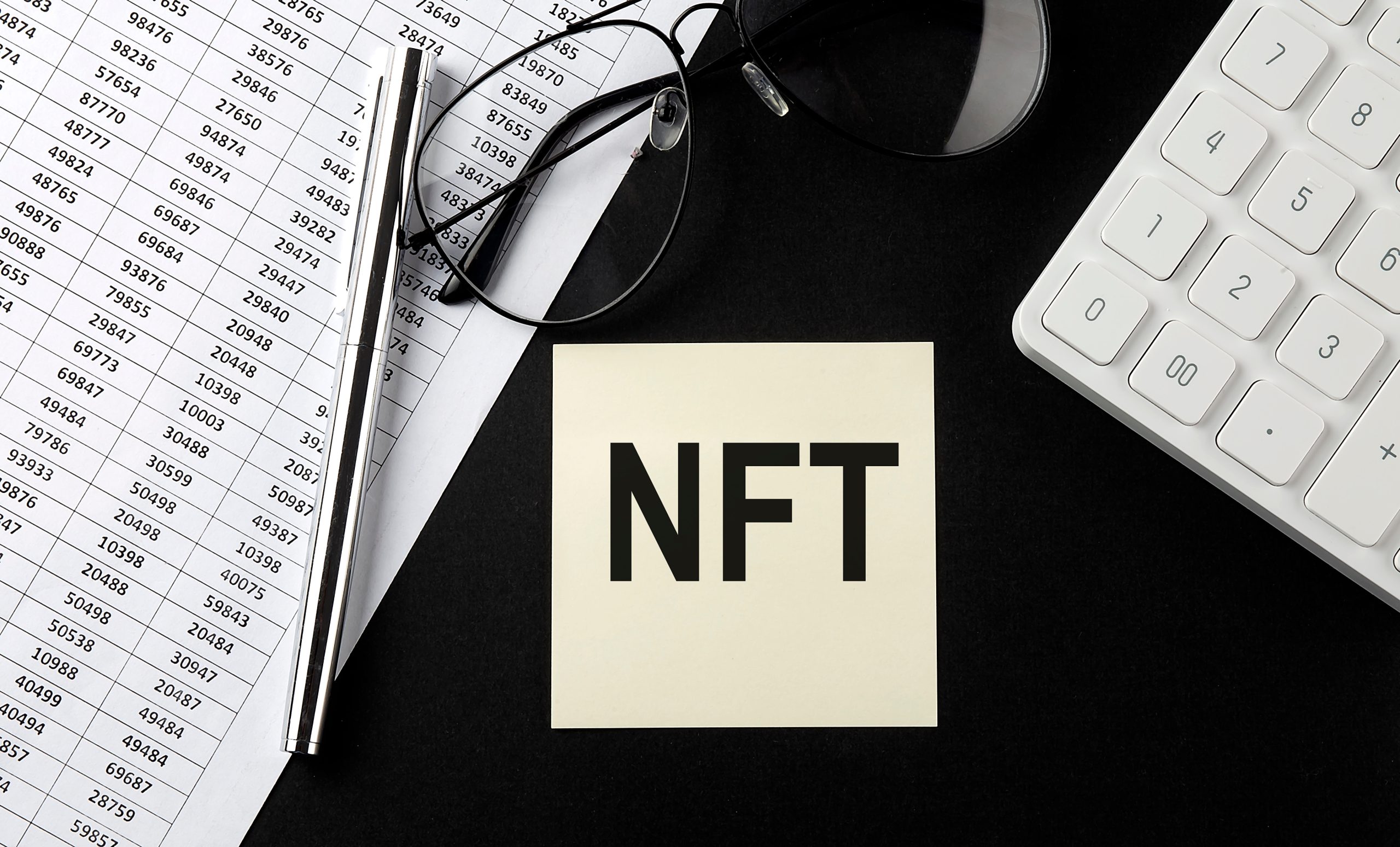NFT’s and Copyright
There has been a lot of publicity about NFT’s in recent weeks. Interest in NFT’s has been spurred by the recent sale of an NFT for a work of digital art entitled “Everydays: The First 5000 Days” by the artist Beeple which recently sold for approximately $69 Million through Christie’s auction house.
An NFT, or “non-fungible token” is digital record that exists online using blockchain technology. This token is essentially a digital record of ownership. By using blockchain technology, once the NFT is created, the online records related to that piece of digital artwork or other digital asset, are easily verifiable and very difficult, if not impossible, to hack or fake. While digital art seems to be the most widely talked about NFT’s at the moment, other digital assets are now being set up using NFT’s as a way to title those digital assets. New NFT’s include things like the first ever tweet on Twitter (issued by Twitter’s founder Jack Dorsey – which recently sold for $2.9 Million), online digital basketball trading cards, virtual real estate (used in online games) and other online assets.
It is important to keep in mind what owning an NFT means, and what rights are and are not associated with the NFT. An NFT gives you “ownership” of the digital asset in question. This is important especially because these assets are digital assets. The technological nature of digital assets means that they can be easily duplicated and with most digital assets, a copy is as good as the original. For example, if I were to make a copy of Beeple’s artwork, my copy, as displayed on my computer or any other electronic device, would appear the same as the NFT titled “original” for which the new owner paid $69 Million.
Owning the NFT for a piece of digital artwork does not (at least in most cases) get you ownership of the copyright to the artwork. It is a general rule of copyright law that the copyright to a piece of artwork is a separate and distinct asset from the original. While the copyright owner has the legal right to control who can make and distribute copies of the artwork, the owner of the original, even a digital original, does not have that right. At least not unless they separately bargained for and purchased the copyright. And that is not usually part of an NFT transaction.
This means that the purchaser of an NFT usually purchases only the right to say, “I am the owner of the original piece of digital art” and the right to sell the NFT to someone else. While those rights may be important to some buyers, it is important to know what you are getting when you are purchasing an NFT.
Ira M. Schwartz is a partner at Parker Schwartz PLLC where he practices Intellectual Property Law. He can be reached at ischwartz@psazlaw.com or 602.282.0477.


